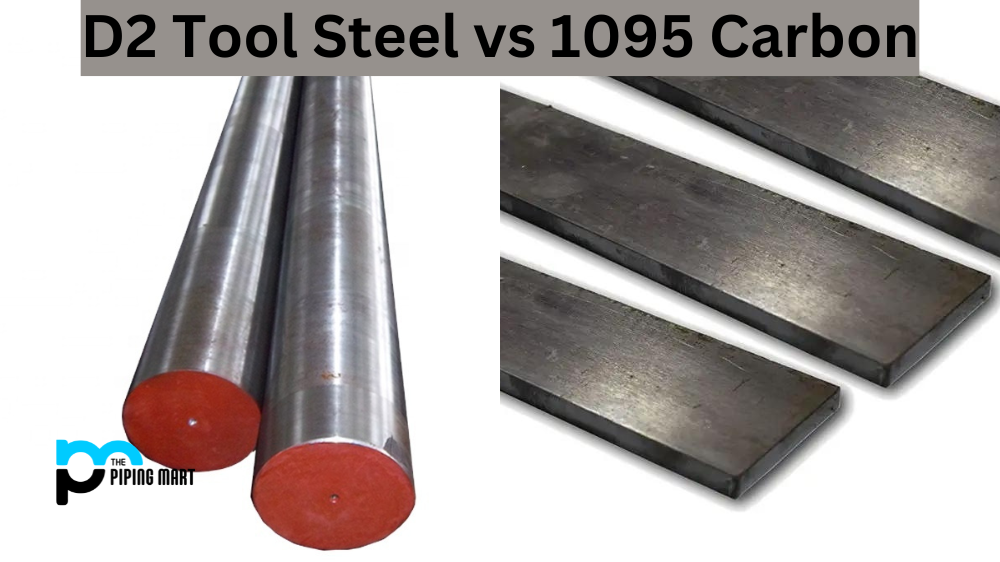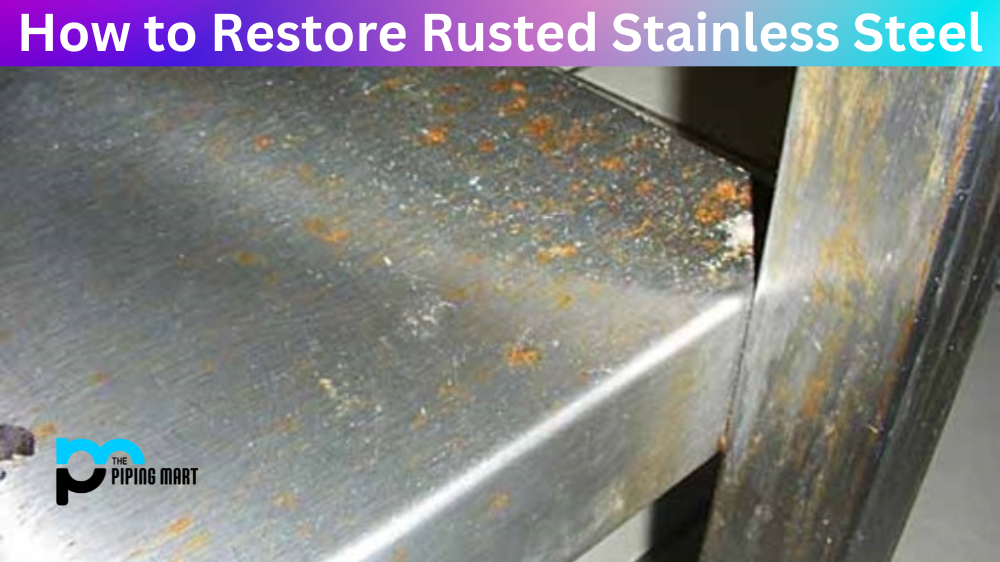When choosing the right steel for your blades, it can be challenging to navigate the various options available. Two popular choices are D2 tool steel and 1095 carbon. Each steel has its unique properties and purpose. In this blog post, we will discuss the differences between D2 tool steel and 1095 carbon, their properties, and their characteristics to help you make an informed choice for your next project.
What is D2 Tool Steel?
D2 tool steel is a high-carbon, high-chromium steel that belongs to the family of tool steels. It’s known for its excellent wear resistance, toughness, and ability to hold a sharp edge even after prolonged use. D2 Steel makes high-performance knives, woodworking, and industrial cutting tools. It’s an excellent choice for applications that require high abrasion resistance, like cutting through thick materials.
What is 1095 Carbon?
On the other hand, 1095 carbon steel is a plain carbon steel that’s widely used in knife blades. It’s a popular choice among knife makers because of its ease of heat treatment, allowing easy customization of the steel’s hardness and durability. 1095 carbon steel offers excellent toughness and edge retention, making it a common choice for hunting and combat knives. However, it’s less wear-resistant than D2 tool steel and requires more frequent sharpening.
Difference Between D2 Tool Steel and 1095 Carbon
Composition
D2 tool steel is composed of 1.4-1.6% carbon, 0.60-0.80% manganese, 11.00-13.00% chromium, 0.30-0.50% molybdenum, 0.70-1.20% vanadium, and 0.40-0.60% silicon. 1095 carbon steel comprises 0.95-1.05% carbon, 0.40-0.50% manganese, 0.20-0.35% silicon, and trace amounts of phosphorus and sulfur.
Hardness
D2 tool steel has a hardness of 60-62 HRC on the Rockwell C scale, while 1095 carbon steel has a hardness of 50-55 HRC on the Rockwell C scale.
Edge Retention
Regarding edge retention, D2 tool steel is superior to 1095 carbon steel. The high chromium content in D2 steel enhances its wear resistance, making it a popular choice for industrial cutting tools, where long-lasting edges are essential. However, D2 steel can be challenging to sharpen due to its high hardness. In contrast, 1095 carbon steel is relatively easy to sharpen and takes a keen edge, but its edge retention could be better than D2 steel.
Corrosion Resistance
D2 tool steel and 1095 carbon steel require proper maintenance to prevent corrosion. D2 steel has a higher chromium content, which provides some corrosion resistance. However, if not cared for correctly, it can rust. In contrast, 1095 carbon steel is more prone to rust and requires more maintenance to prevent corrosion. A good option to prevent rusting for 1095 carbon steel is to coat the blade with oil or wax.
Conclusion
In conclusion, when choosing between D2 tool steel and 1095 carbon steel, consider the intended use of your blade, as both have their strengths and limitations. D2 tool steel is an excellent choice for industrial cutting tools or applications requiring high wear resistance. In contrast, 1095 carbon steel is a popular choice for hunting and combat knives, where toughness and ease of sharpening are essential. Ultimately, the choice between D2 tool steel and 1095 carbon steel comes down to personal preference and what properties matter most for your project. With proper maintenance and care, either steel can provide outstanding performance and durability for your blades.

Hey, I’m Krutik, a casual blogger expert in the metal industry. I am passionate about providing valuable information to my readers. With a background in engineering and construction, I like playing Cricket & watching Netflix shows in my free time. Thank you for visiting my blog, and I hope you find my information helpful!




